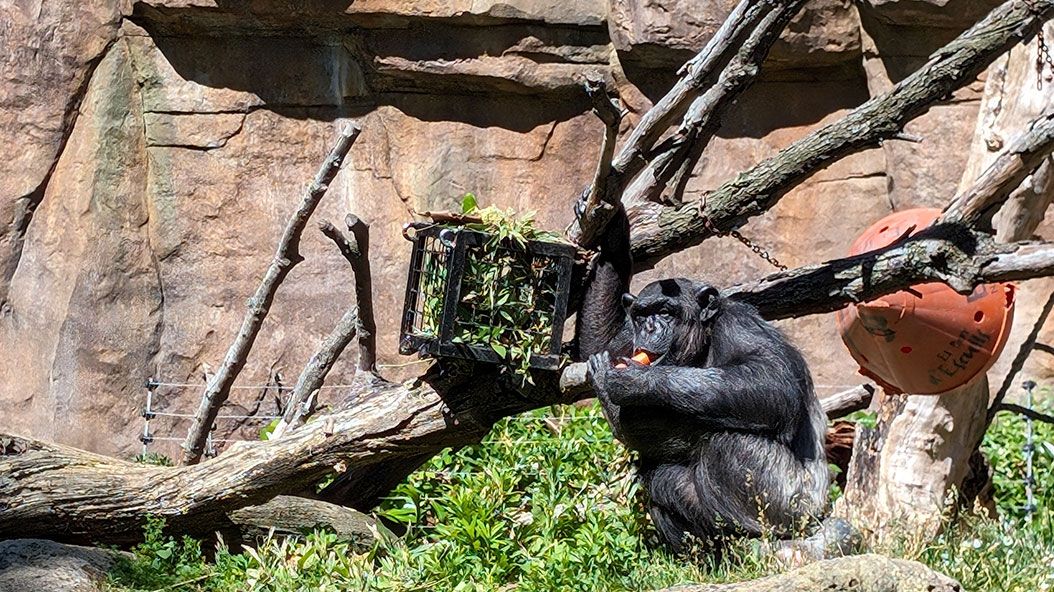Zoo de Barcelona takes a step forward in its commitment to animal health and welfare. In an effort to further improve the care of its animals, the zoo has renewed its collaboration agreement with the Zoo Animal Welfare Education Center (ZAWEC), a start-up from the Faculty of Veterinary Studies at the Autonomous University of Barcelona (UAB) specialising in research, advice and education in animal behaviour and welfare.
The idea behind the new three-year agreement is to further the collaboration between the zoo and ZAWEC, which started in 2021, and has made possible an accurate analysis of the welfare of animals at the zoo, the introduction of environmental and cognitive enrichment, improvements to their enclosures and more.
Specifically, over the next three years the zoo and the ZAWEC will be working to define new initiatives that help to improve the welfare of the animals at the facility. They will also be offering new training sessions so that the conservation team at the zoo can broaden their knowledge and methodology relating to animal welfare.
The ZAWEC veterinary team will also be advising the zoo on the care that the animals should receive in exceptional situations, for instance when work or maintenance tasks are carried out. The animals will also be taken into account when new enclosures are designed, or existing ones adapted.
Zoo de Barcelona, committed to animal welfare
Animal welfare is of primary importance for Zoo de Barcelona. The zoo works hard every day to keep the animals in optimal condition, in good health and living in comfortable surroundings. Ultimately, the goal is for the animals to express their innate behaviour in ways that are close as possible to nature.
Besides the support of the ZAWEC, the zoo belongs to the key professional associations in the zoological community, affording it opportunities for ongoing learning and the development of the most advanced and innovative practices in the care of zoo animals. These are the World Association of Zoos and Aquariums (WAZA), the European Association of Zoos and Aquaria (EAZA) and the Association of Zoos & Aquariums (AZA).
Thanks to this ongoing learning process, the zoo has been applying quality of life assessment methodology for some years now, with keepers measuring the quality of life of each of the animals and what patterns they follow. Using a range of different parameters, they monitor nutrition, illnesses, emotional states, relationships with other individuals of the same species and more.
The zoo has also adopted an animal welfare and sustainability protocol for exceptional situations, for instance when work or maintenance tasks are being carried out, and has taken various steps to improve the cognitive conditions of its animals. One example here is the placing of boxes and other objects so that primates have to make an effort to find food.



